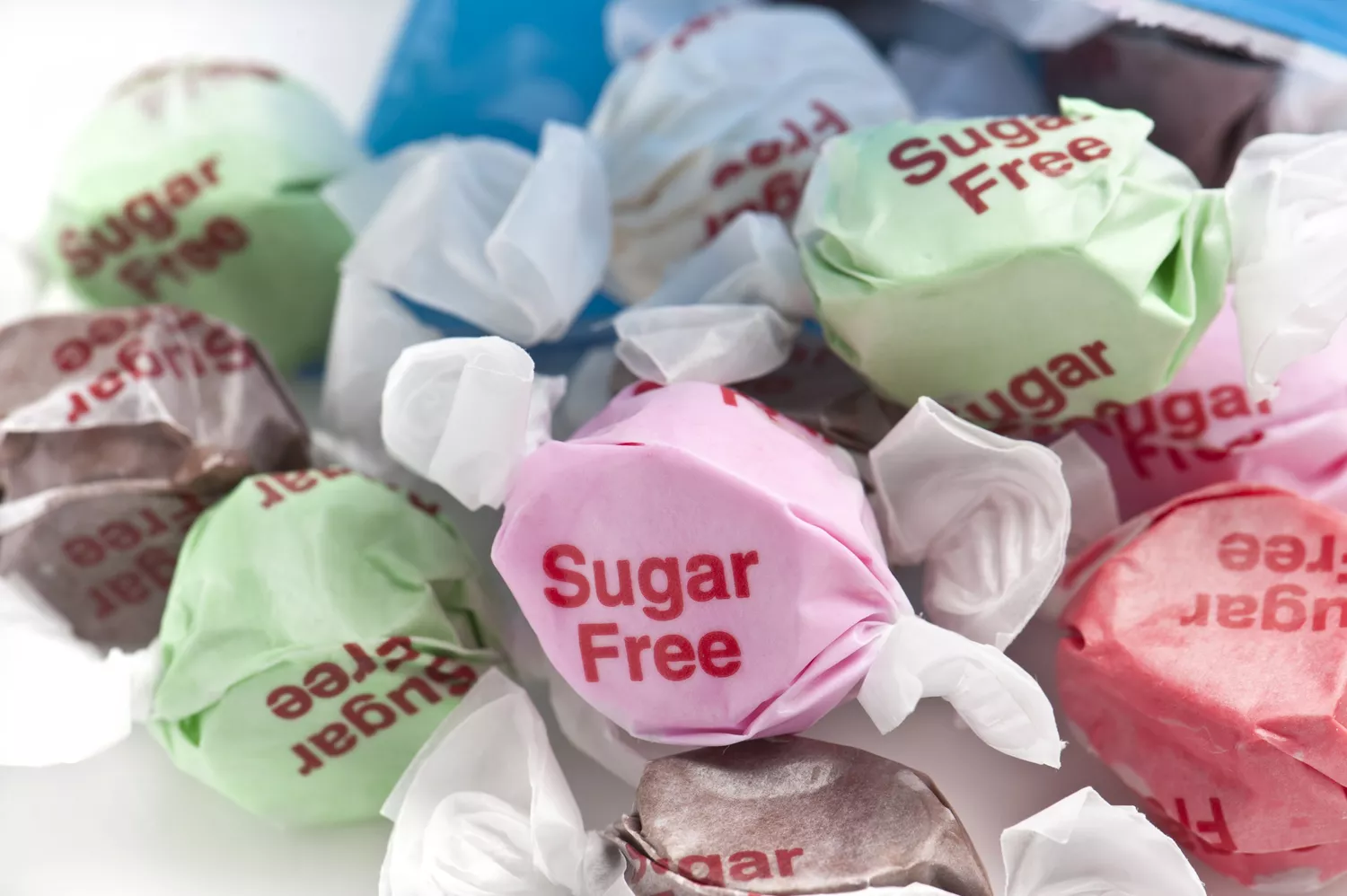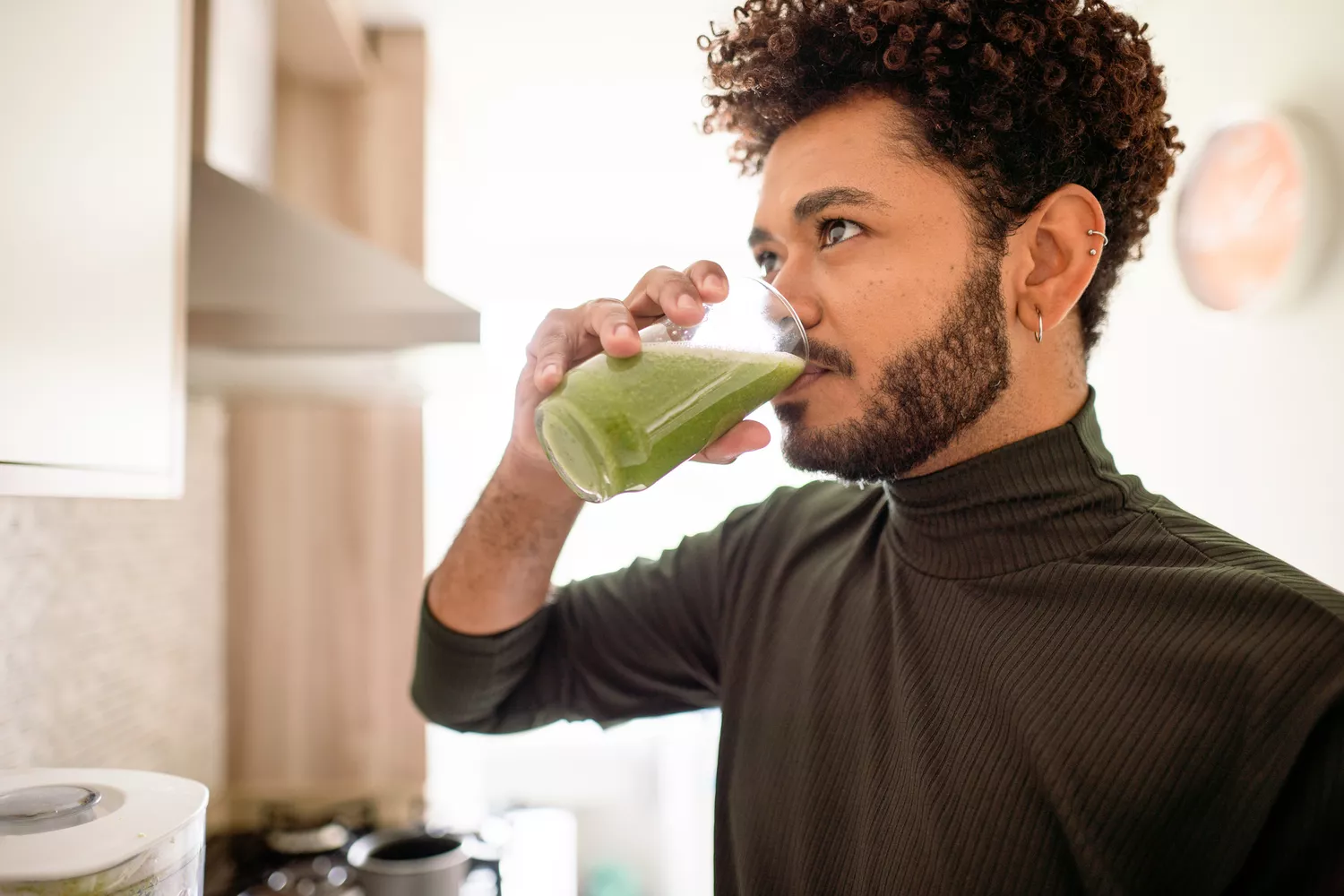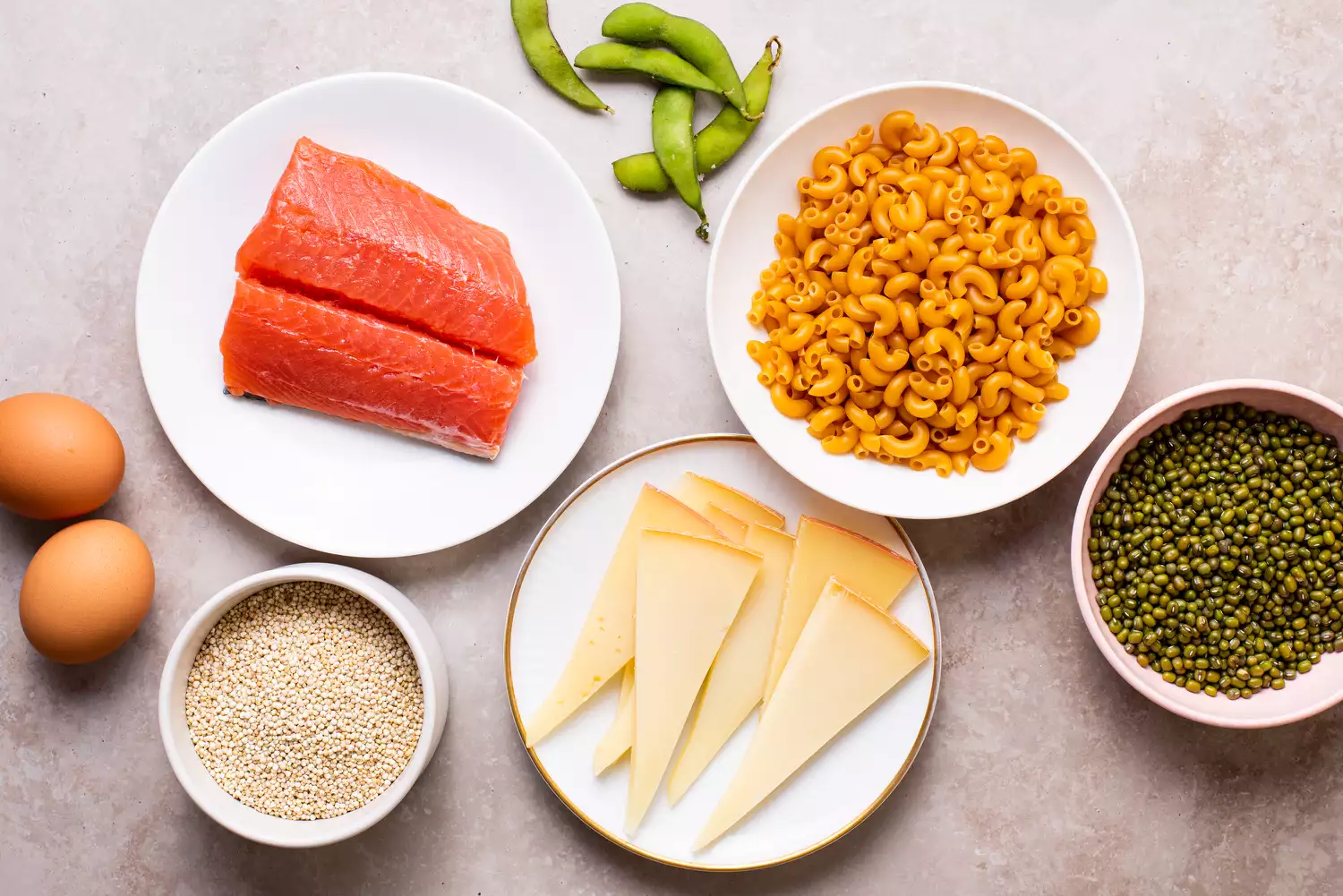Have you ever really felt actually complete after a meal and observed your stomach looked rounder? That’s called bloating.1 It can be caused by eating foods that create excess gas or ingesting excessive air. It’s a quite uneasy feeling, so you probably wish to locate means to prevent it or ease it completely.
Really feeling puffed up is just one of the most usual gastro grievances reported to healthcare providers.2 The bright side is that you can typically locate relief from bloating by making small modifications to your eating habits. Basic things like chewing less periodontal or replacing carbonated water with level water can make a difference. Let’s discover some common sources of bloating and just how you can fix them.
What Is Bloating?
Bloating is when your stubborn belly feels puffy, tight, and complete.3 This unpleasant feeling can come with aches and discomfort, along with unwanted gas. When bloating is brought on by an accumulation of gas in the intestines, several things can be at the root of the issue, consisting of:1.
Overeating.
Consuming also swiftly.
Taking in gas-causing foods, such as beans and cabbage.
Swallowing excess air.
Having constipation.
Experiencing food intolerances.
Having cranky digestive tract syndrome.
Experiencing premenstrual disorder.
Luckily, making tiny modifications to your way of living or your consuming practices might give relief from bloating. Right here are some reasons that you may feel puffed up and how you can deal with the problems.
You Consumed Way Too Much.
Often, consuming way too much food can cause bloating.4 It may take place due to the fact that your digestive system feels extremely complete or because it’s generating gas as the food gets digested. The gas develops in your gut and makes your stomach feel complete and distended.

How to Fix It.
Consume smaller sized portions. Method mindful consuming strategies when you really feel hungry. After that, stop when you feel pleasantly complete, not stuffed.5 Note that you may not experience volume right now, so it is essential to eat slowly and take breaks while you’re consuming to give your body time to indicate that sensation of fullness.
You Consumed Gas-Causing Foods.
Excess gas can be produced when you eat specific foods. Right here are some foods known to trigger bloating:4.
Chickpeas.
Lentils.
Beans.
Brussels sprouts.
Cabbage.
Cauliflower.
These foods have non-digestible carbohydrates that ferment in the colon and produce excess gas, which brings about bloating.6 Instance in factor: The gut generally consists of much less than 200 milliliters of gas yet boosts to 600-700 milliliters after consuming a dish with a little less than 1 cup of beans.7.
Just how to Repair It.
Keep a journal of the foods you consume and the associated signs. Try to find patterns to see which foods straighten with your bloating signs. When you determine the wrongdoer, you can eat less (or none) of that food. You can additionally take digestion enzymes that assist break down the non-digestible carbs and minimize gas and bloating.
You Ate Also Promptly.
Consuming food rapidly may cause you to ingest excess air, which results in gas and bloating. Consuming rapidly may additionally lead to over-eating, that makes you feel even more complete and puffed up. Finally, consuming swiftly may indicate you are not appropriately chewing your food. This makes food more difficult to damage down and absorb, which causes bloating.
How to Repair It.
Reduce and take pleasure in every bite. Consume without distractions (like displays), and chew slowly. Also, be mindful of what you’re eating and discover the texture, spiciness, and tastes.
You Ingested Excess Air.
You might really feel bloated from ingesting excess air. This can occur while cigarette smoking, eating gum tissue, eating tough sweets, or drinking from a straw.8.
Just how to Repair It.
If you are a regular smoker, take steps to stop. If you discover that chewing periodontal or drawing on mints creates bloating, reduced on these and try a breath spray instead. And, if you obtain puffed up after consuming alcohol from a straw, beverage directly from a mug or from the spout of a canteen.
You Drank Carbonated Beverages.
Carbonated water, soft drink, and other carbonated drinks can present excess gas into the intestine and cause bloating.9 The fizziness in these beverages comes from carbon dioxide, which is a gas. It includes in the gas already in the intestine, resulting in bloating and distention (and burping in some people).
Exactly how to Fix It.
Choose flat water as opposed to sparkling water. Skip carbonated soda for beverages that do not have sparkling fizz. If you find level water boring, you can try adding a flavoring to it.
You Are Constipated.
Irregularity occurs when you have difficulty passing stools, have tough feceses, or have infrequent defecation.10 There is likewise a web link in between irregularity and feeling puffed up. If your stool does not pass easily, it remains in the colon, where germs has even more time to ferment. That fermentation results in extra gas, which causes bloating.11.
How to Fix It.
Take actions to stop constipation. This might consist of eating more high-fiber foods, consuming alcohol even more liquids, or taking medicine or supplements (like fiber supplements) to relieve bowel movements.10 Work with your healthcare provider to make a strategy.
You Have a Food Intolerance.
There are a handful of carbs that some people (not everybody!) discover difficult to digest.12 These are known as FODMAPs, or fermentable oligosaccharides, disaccharides, monosaccharides, and polyols.13 When these are not digested, they ferment in the colon and create bloating. Examples of FODMAPs consist of:13.
Lactose: This is a type of sugar discovered in milk and other dairy items, such as soft cheese and gelato.
Fructose: This fruit sugar is located in apples, pears, mangoes, cherries, and other fruits.
Fructans: This compound is discovered in wheat and veggies, such as onion, garlic, and leeks.
Sugar alcohols: These sugar replaces include sorbitol, mannitol, and xylitol.
Exactly how to Fix It.
Work with a dietitian to identify which foods might be creating your gas and bloating. They can aid you try a reduced FODMAP diet, which includes eliminating and reintroducing foods to isolate the culprits.
You Have Irritable Bowel Disorder.
One common signs and symptom of irritable bowel syndrome (IBS) is bloating. Actually, while up to 31% of individuals might really feel bloated, concerning 66% to 90% of individuals with IBS record feeling puffed up.2.
How to Repair It.
Deal with a dietitian on the FODMAP diet to determine which foods trigger you to bloat.13 Research studies reveal that getting rid of the problematic FODMAPs can help ease IBS signs and symptoms, consisting of bloating, in concerning 86% of people.14.
You can likewise think about taking probiotic supplements. Research studies have shown that individuals with IBS who take probiotics (especially L. sporogens and Bacillus coagulans) have much less bloating.2 Nevertheless, the American Gastroenterological Association says that probiotics need to not be made use of to deal with bloating or distention independently because there is insufficient research study to support it.12 Talk with your doctor for personalized advice.
You Have Menstrual Bloating.
Having your menstruation period or pre-menstrual disorder (PMS) can make you really feel bloated.15 This feeling may be because of keeping water due to menstruation hormonal agent variations.
Exactly how to Fix It.
This problem has a tendency to be cyclic and in line with your menstruation. It will reduce as your cycle abates, but may return the complying with month. For relief, physical activity might help.15 In some cases, PMS medicine might assist too. Collaborate with your healthcare provider for a plan if bloating on a monthly basis is creating you problems.
Clinical Reasons for Bloating.
If changing your food consumption or quitting periodontal and soft drink aren’t assisting, talk to your healthcare provider. There are numerous clinical reasons that might create bloating, which ought to be checked out if your symptoms continue. Some clinical reasons for bloating include:126.
Gastroparesis.
Gastric disease.
Heartburn or reflux.
Ovarian cancer cells.
Little digestive tract microbial overgrowth (SIBO).
Pancreatic lack.
Digestive tract blockage.
Ascites.
Pelvic flooring disorder.
Work with your healthcare provider if you have ongoing bloating or if it is paired with stomach pain, bloody feceses, diarrhea, weight management, or throwing up.1.


